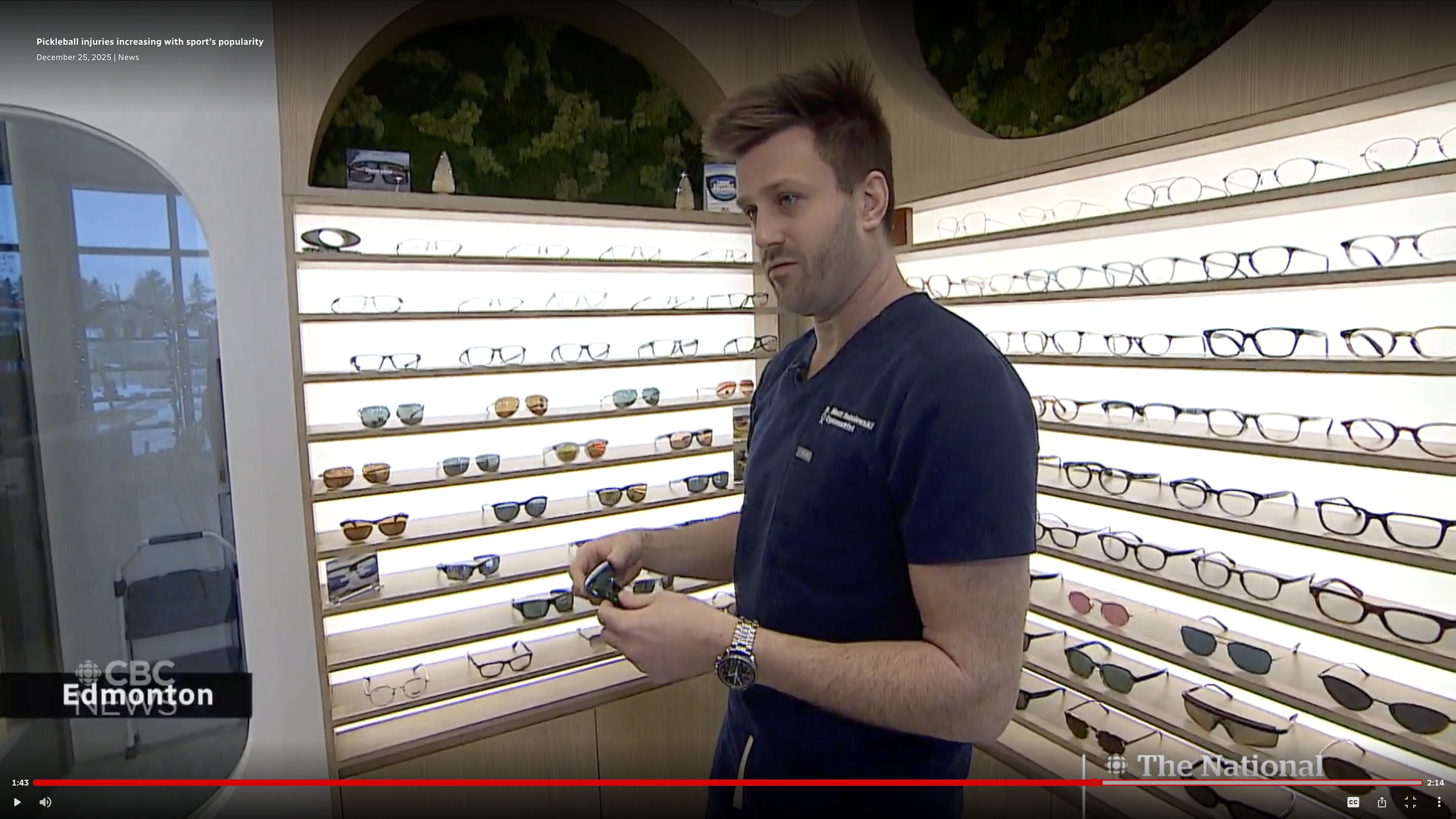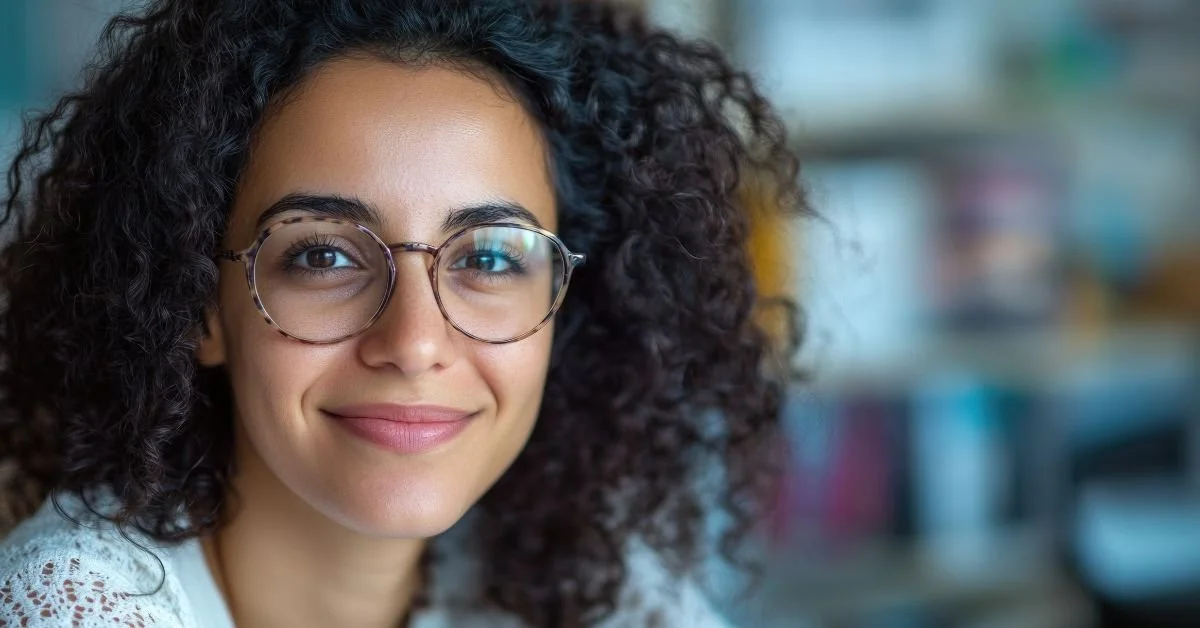Can A Human's Eyes Be Transplanted?
The idea of transplanting human eyes has been a subject of fascination and speculation, often depicted in science fiction and tales of future medicine. However, the reality is starkly different. As of now, a complete human eye transplant remains beyond the realm of medical possibility. This post will explore why this is the case, what parts of the eye can actually be transplanted, and the areas where research is making strides.
Why Can't We Transplant Human Eyes?
The complexity of the Optic Nerve: The optic nerve, which connects the eye to the brain, contains over a million nerve fibers. Once it's cut or damaged, it cannot be successfully reattached or regenerated, meaning the brain would remain disconnected from the eye even after a transplant.
Immune Rejection: Like other organ transplants, an eye transplant would run the risk of immune rejection. However, the eye's intricate and precise connections make achieving compatibility and long-term success even more challenging.
Vascularization Issues: The eye requires a high degree of vascularization (blood supply) to function. Reestablishing this intricate network of blood vessels in a transplanted eye would be exceedingly complex and is currently beyond our surgical capabilities.
Neural Connections: The eye's function is highly dependent on complex neural connections with the brain. Reestablishing these connections precisely for proper vision is a monumental task that current medical science cannot achieve.
What Can Be Transplanted?
While a full eye transplant is not yet possible, certain parts of the eye can and are being successfully transplanted:
Corneal Transplants: The cornea can be transplanted successfully, and this procedure is relatively common. Known as keratoplasty, it involves replacing a damaged or diseased cornea with healthy tissue from a donor. The back side or inner layer of the cornea can also be transplanted in certain degenerative conditions, a procedure known as a DSEK & DMEK or an endothelial keratoplasty.
Retinal Cells: There's ongoing research into transplanting retinal cells to restore vision in people with certain types of blindness. This research is still in the experimental stages but holds promise.
Lens Transplants: During cataract surgery, a patient's cloudy lens is replaced with an artificial one. This is not technically a transplant from another person, but it's a successful replacement of a key part of the eye.
Cataract Surgery Implant
Image of a Cataract IOL that gets placed inside the eye to restore vision.
Areas of Current Research
Stem Cell Therapy: Scientists are exploring the use of stem cells to regenerate damaged parts of the eye, particularly in the retina. This could restore vision for those with conditions like macular degeneration.
Optic Nerve Regeneration: There's ongoing research into how to repair or regenerate the optic nerve. This is a crucial area of study for any future possibility of whole-eye transplants.
Bionic Eyes: While not a transplant from another human, there's significant research into creating artificial eyes or visual prosthetics that can restore vision to some degree for blind individuals.
Conclusion: Looking Toward the Future
Whether a human eye can be transplanted touches on some of the most complex and delicate aspects of human anatomy and medical science. While a complete eye transplant remains impossible with current technology, the possible areas of transplantation, like corneal transplants, have already restored sight to many. Moreover, ongoing research in stem cells, optic nerve regeneration, and artificial eyes continues to push the boundaries of what might be possible. The dream of restoring sight in more complex scenarios might be far off. Still, science is steadily moving toward that horizon, one breakthrough at a time.
Have you ever had to have a corneal transplant or cataract surgery? Leave us a comment below, and tell us about your experience.












